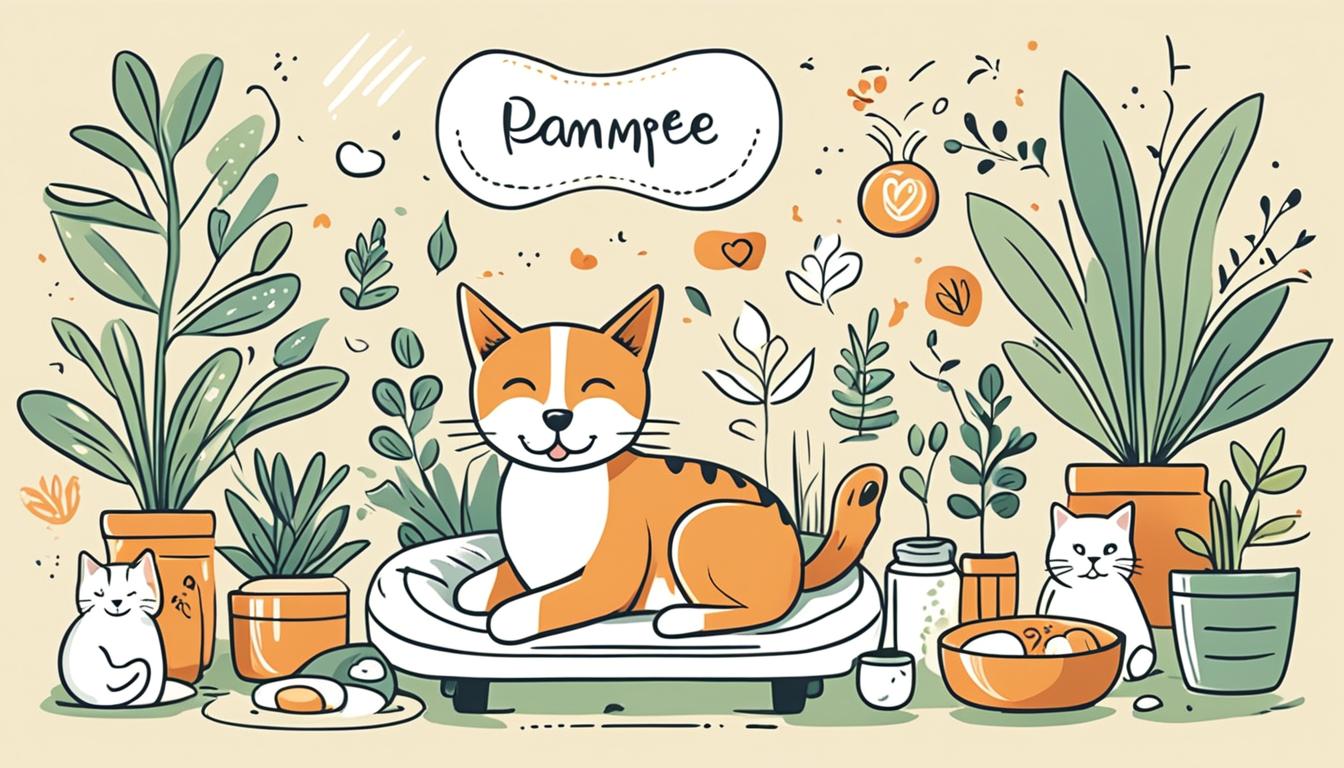Feline Aversion to Scents: Caution and Training Tips
Understanding which scents repel cats, like citrus and mint, can help avoid aversive reactions. Scent sensitivity in cats means being cautious with strong odors like vinegar or garlic. Toxic substances can harm cats due to their olfactory sensitivity. Using scents for training involves creating positive associations to encourage desired behaviors and deter unwanted ones. Mastering these tips can guide feline owners in fostering a harmonious environment for their furry companions. With further exploration into applying scents for training and cat-friendly spaces, you can elevate your understanding and strengthen your bond with your cat.
Key Takeaways
- Understand cats’ scent preferences for comfort and behavior modification.
- Avoid aversive smells like vinegar, pepper, mustard, onion, and garlic.
- Be cautious of toxic substances due to cats’ scent sensitivity.
- Use scents for training by creating positive associations.
- Mindfully encourage desired behaviors and deter unwanted ones with scents.
Common Scents Cats Dislike
Cats have a discerning sense of smell, which leads to certain scents being particularly disliked by felines, such as citrus, mint, lavender, eucalyptus, and cinnamon. This scent sensitivity can be utilized when considering natural repellents for cats.
Understanding that cats have preferences and aversions to specific smells is key when creating a comfortable environment for them. By being aware of these dislikes, pet owners can effectively use natural repellents to deter cats from certain areas or behaviors.
Leveraging this scent sensitivity can assist in training and behavior modification, making it a valuable tool for cat owners looking to create a harmonious living space for their feline companions.
Aversive Smells to Avoid
Felines exhibit a strong aversion to certain smells, making it crucial for pet owners to be mindful of using repellents containing vinegar, pepper, mustard, onion, and garlic in their living spaces. These aversive smells can cause discomfort and stress to cats due to their scent sensitivity. To ensure the well-being of your feline companion, it is important to avoid exposing them to toxic substances like these.
Cats’ olfactory systems are highly developed, making them more susceptible to the effects of strong odors. By steering clear of these harmful scents, you can create a safer and more comfortable environment for your beloved pet.
- Toxic substances
- Scent sensitivity
- Harmful effects of strong odors
Using Scents for Cat Training
When incorporating scent-based training methods for cats, it is essential to consider the olfactory sensitivity and behavioral responses of these animals. Creating positive associations with scents can be a powerful tool for behavioral modification in cats. By associating specific smells with rewards, you can encourage desired behaviors and deter unwanted ones.
For example, using calming scents like lavender or catnip during training sessions can help create a relaxing environment for your cat. Additionally, incorporating scents into litter training can aid in establishing good litter habits. It is crucial to be mindful of your cat’s preferences and reactions to different smells to ensure a successful training experience.
Frequently Asked Questions
Are There Any Scents That Can Help Alleviate Stress or Anxiety in Cats?
Certain scents like lavender, chamomile, and valerian root are known for their aromatherapy benefits in reducing cat stress. Aromas can positively influence cat behavior by creating a calming environment and providing stress relief through their soothing properties.
Can Certain Scents Help With Litter Box Aversion Issues in Cats?
Certain scents can aid in addressing litter box aversion in cats by attracting them to the area. Utilizing scents that align with feline preferences can assist in aversion training, encouraging positive behaviors and reducing stress.
How Can I Safely Introduce New Scents to My Cat’s Environment?
Introducing new scents to a cat’s environment should be done gradually, ensuring they are safe and non-toxic. Scent enrichment can be achieved through calming fragrances like lavender or chamomile, promoting a soothing atmosphere for your feline companion.
Are There Any Scents That Can Help With Cats’ Respiratory Health?
In considering natural remedies for feline wellness and respiratory health, aromatherapy can play a role. Certain scents like eucalyptus and mint have been known to support respiratory health in cats. Consult a veterinarian for guidance on safe usage.
Can Scents Be Used to Discourage Scratching Behavior in Cats?
Scent deterrents can be utilized for behavioral modification in cats. Training through aromatherapy involves associating smells with rewards to deter scratching behaviors. Understanding the olfactory sensitivity of cats and using scents strategically can aid in promoting positive behavior.
















